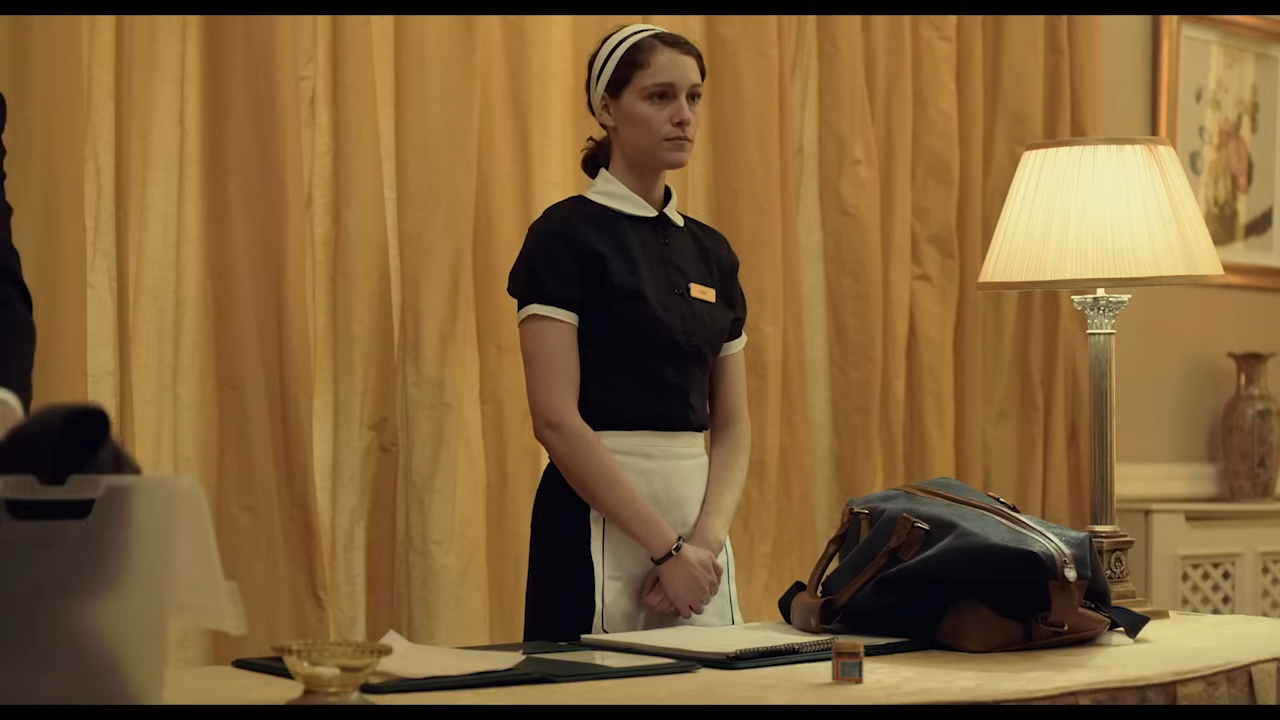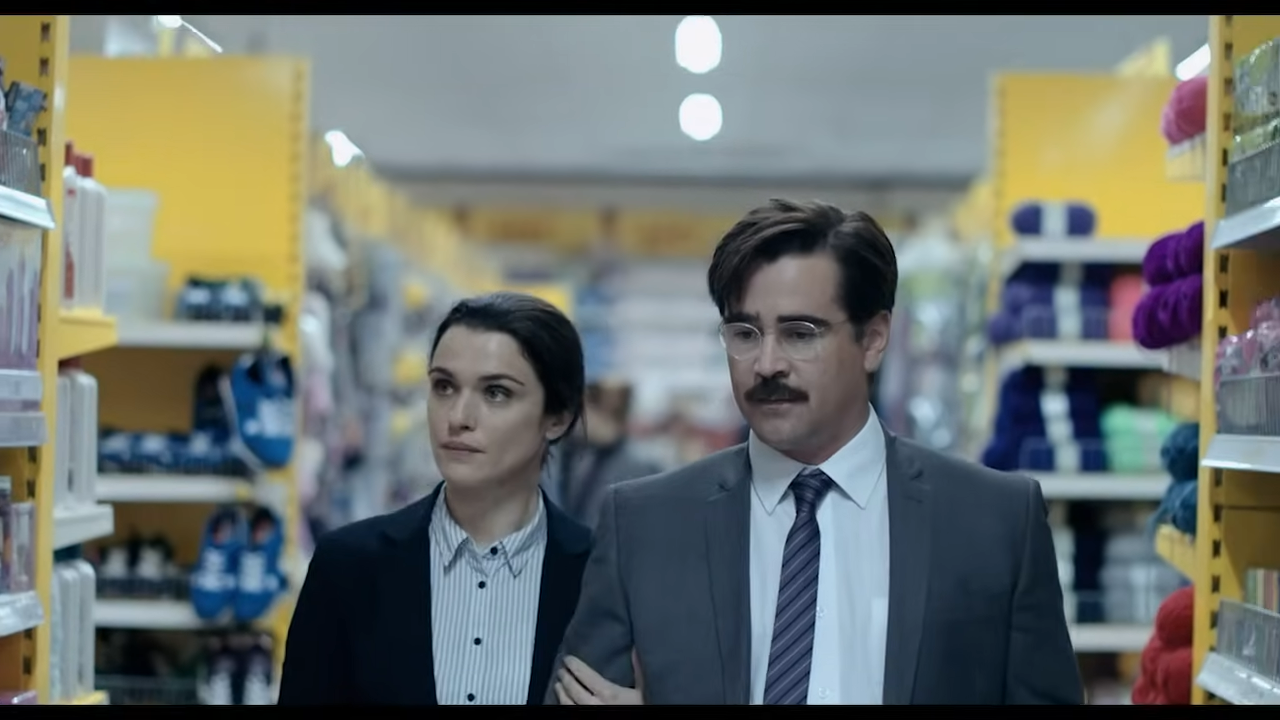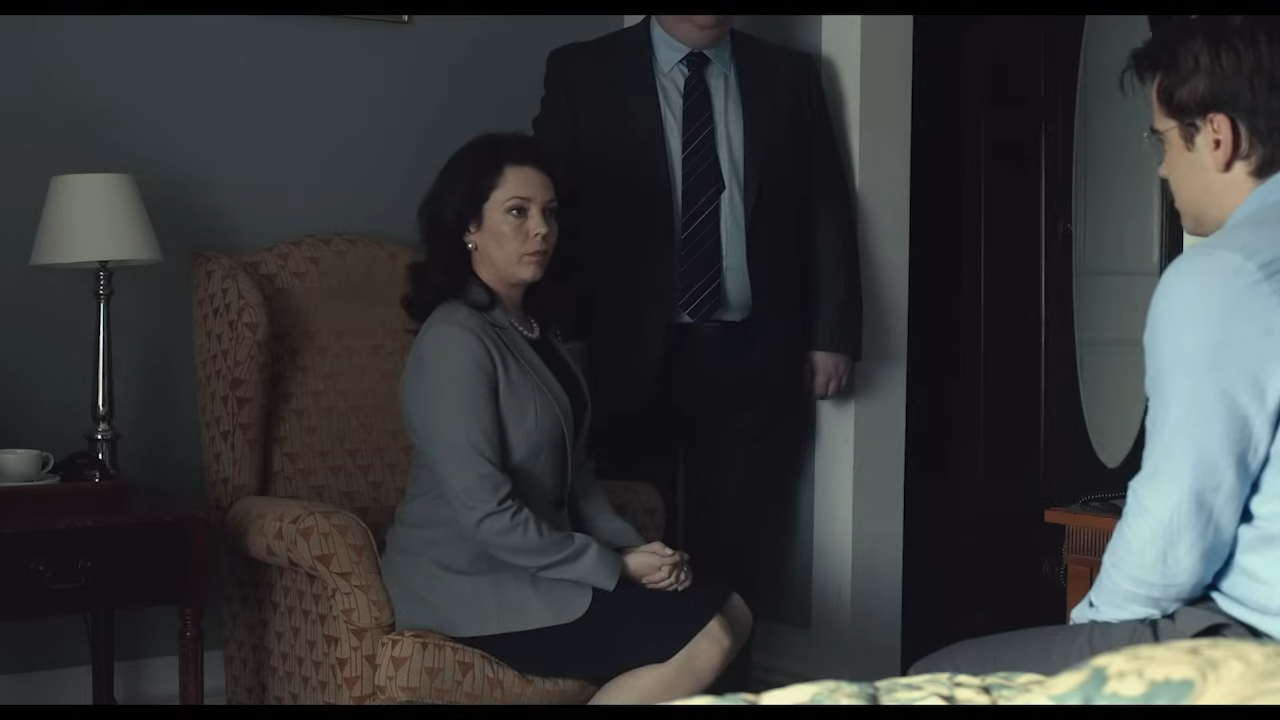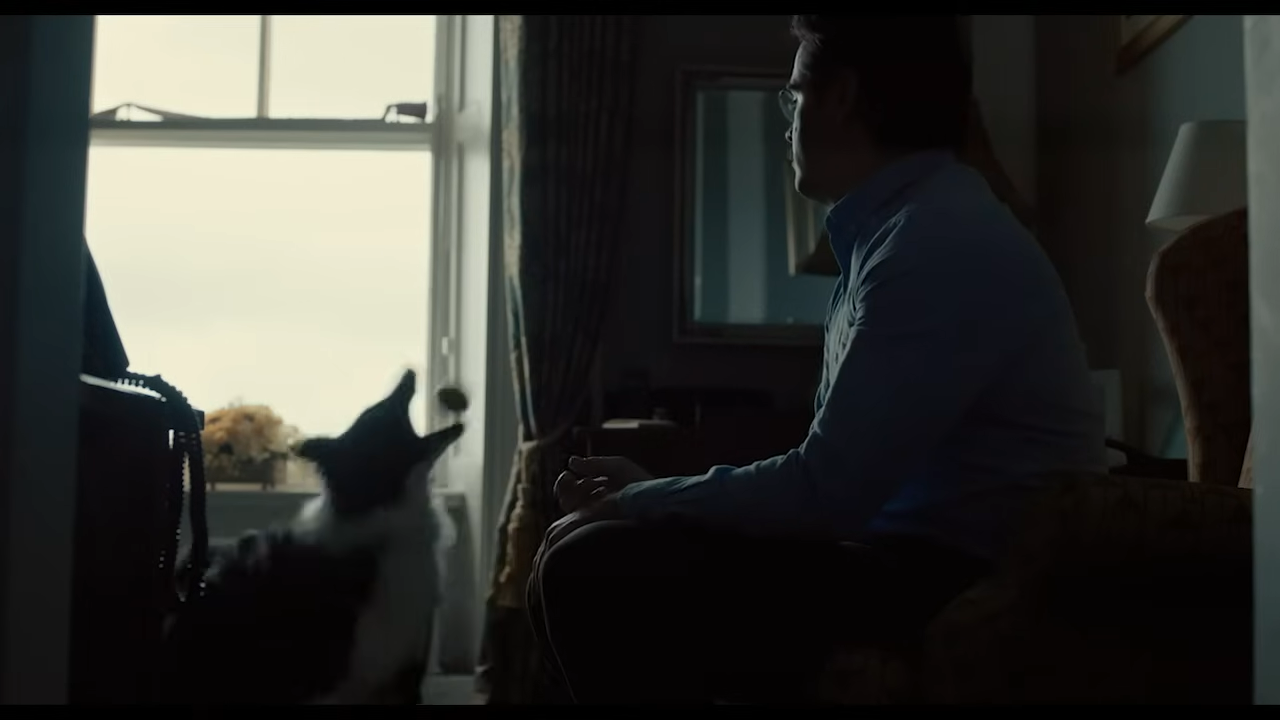🎬 The Lobster (2015) | A Retrospective

In Yorgos Lanthimos’ The Lobster (2015), love is not just a matter of the heart—it’s a matter of life and death. This black comedy, set in a dystopian world where the very nature of romance is regulated by a ruthless, bureaucratic society, challenges our preconceived notions of love, individuality, and conformity. With its absurd premise and dark humor, The Lobster is a film that demands reflection long after the credits roll.
Plot Overview: A World of Rules and Ridiculousness
Set in an alternate reality where being single is illegal, The Lobster introduces a society where individuals must find a romantic partner within 45 days or face a horrifying fate: transformation into an animal of their choice. The hotel where the process takes place is an unsettling microcosm of forced romance, filled with peculiar rituals and bizarre compatibility tests.
David (Colin Farrell), a recently divorced architect, checks into the hotel with the intent of becoming a lobster if he fails to find a match. The absurdity of the hotel’s methods—ranging from awkward dances to awkwardly forced conversation—highlights the desperate measures people will take to fit into society’s rigid expectations of love. Lanthimos’ deadpan humor and chilling direction provide a surreal tone, making even the most uncomfortable situations feel both hilarious and deeply unsettling.
The Rise of the Loners: Breaking Free from Conformity
As David struggles within the confines of the hotel, he makes the radical decision to flee to the woods, joining the Loners—an underground group of individuals who reject all romantic connections. The Loners live by a strict code: no emotions, no relationships, no exceptions. The cold, emotionless existence of the group serves as a direct counterpoint to the absurdity of the hotel’s forced romanticism.
But in a cruel twist of fate, David falls in love with a fellow Loner (Rachel Weisz), breaking the very rules that define their existence. Their secret romance becomes a poignant exploration of forbidden love in a world that seeks to eliminate personal choice and emotion. In a society that forces us to adhere to pre-determined standards of connection, David and his companion’s love represents a defiance of that oppressive system, an act of rebellion in the purest sense.
The Performances: Farrell and Weisz at Their Best
Colin Farrell delivers a masterful performance as David, embodying a man trapped between his desire for individuality and the overwhelming societal pressure to conform. His portrayal of David’s growing unease, confusion, and eventual rebellion is nothing short of captivating, especially as he navigates the hotel’s bizarre rituals and the unforgiving laws of the Loners.
Rachel Weisz’s performance as the mysterious and enigmatic Loner, whose hidden vulnerability complements her hardened exterior, is equally compelling. Together, Farrell and Weisz create an unexpected but poignant romance that grows within the film’s stark and twisted world.
Themes and Satire: Love, Conformity, and Societal Expectations
The Lobster is more than just a dark comedy—it’s a sharp satire of the ways society dictates and commodifies love. By taking the familiar concept of matchmaking to absurd extremes, Lanthimos critiques the often artificial nature of societal expectations surrounding relationships. The film raises the question: How far are we willing to go to find love, and how much of it do we sacrifice in the process?
Through its bizarre yet relatable narrative, The Lobster explores themes of identity, loneliness, and the desperation that drives people to seek connection. In its world, love is no longer a personal, emotional experience but a regulatory mandate—something to be ticked off like any other bureaucratic requirement. The characters’ constant struggle to fit into a prescribed idea of love reflects the pressure many feel in real life, making the film both a satire and a metaphor for the dehumanizing forces at play in our own romantic lives.
Visuals and Sound: A Haunting Aesthetic
The stark, minimalist visuals of The Lobster complement its bleak and absurd tone. Lanthimos’ use of cold, symmetrical shots and sterile, color-muted landscapes creates an atmosphere that is both haunting and surreal. These visual choices enhance the film’s dystopian setting, amplifying the sense of alienation felt by its characters as they navigate a society that refuses to acknowledge individuality.
The haunting score by composer Johnnie Burn provides the perfect soundtrack to the film’s unsettling atmosphere. The music is sparse, yet emotionally resonant, amplifying the tension and emotional isolation the characters experience. The score, much like the visuals, serves as a reminder that love in this world is not only cold and regulated but often feels just out of reach.
The Ending: A Gut-Wrenching Decision
The final moments of The Lobster are nothing short of gut-wrenching. As David is faced with an impossible choice, the film’s conclusion underscores the devastating cost of love in a world that sees it as a transaction rather than a feeling. The final act is both tragic and poignant, leaving audiences to question the nature of choice, love, and freedom in our own lives.
Lanthimos offers no easy answers, leaving the film open to interpretation and introspection. The ending serves as a chilling reminder of the lengths to which society will go to define love, and the personal cost that comes with resisting it.
Conclusion: A Brilliant and Bizarre Masterpiece
The Lobster (2015) is a brilliant and bizarre cinematic experience that deftly combines absurd humor with dark, existential themes. It’s a film that challenges conventional notions of love, conformity, and personal identity, using surrealism to create a world that feels both eerily familiar and dangerously foreign.
The stellar performances from Colin Farrell and Rachel Weisz, combined with Yorgos Lanthimos’ unique direction, make The Lobster a must-see for anyone looking for a thought-provoking, unorthodox film experience. With its razor-sharp satire and emotionally charged narrative, The Lobster is not only a commentary on societal pressures but also a deeply unsettling exploration of what it means to truly love and be loved in a world that seeks to control both.











